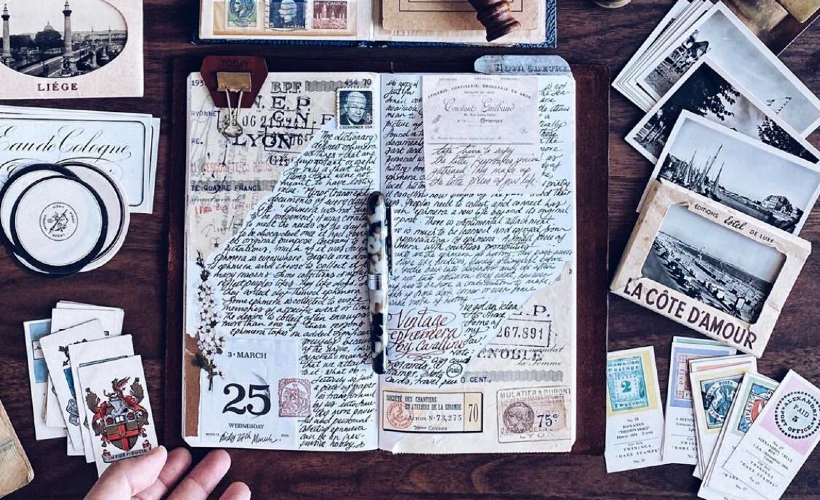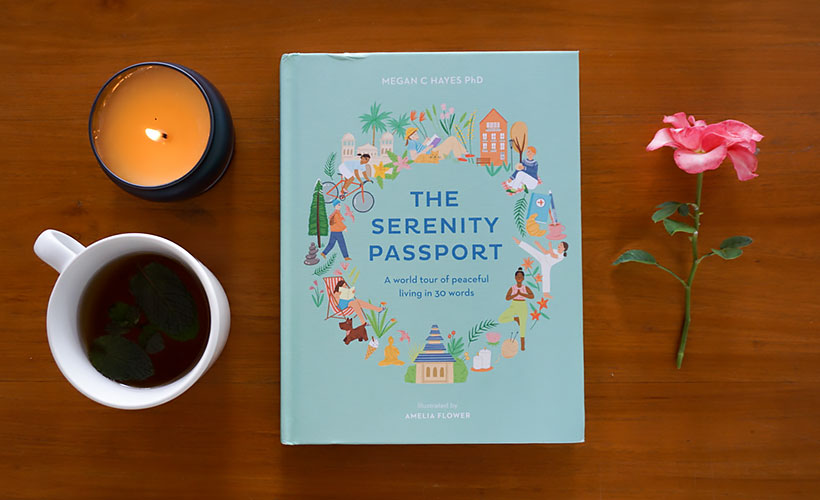
Uncertainty.
Boredom.
Anxiety.
Restlessness.
As wanderlusters, we’ve probably experienced one – or all – of these feelings in the past months from travel restrictions all over the world due to COVID-19. How will the future of travel look like? Will it be more expensive? Will certain locations still be accessible? Are visas still valid? Like never before, you need to start balancing your urge to wander with health and safety risks, not to mention the health and safety of your near and dear.
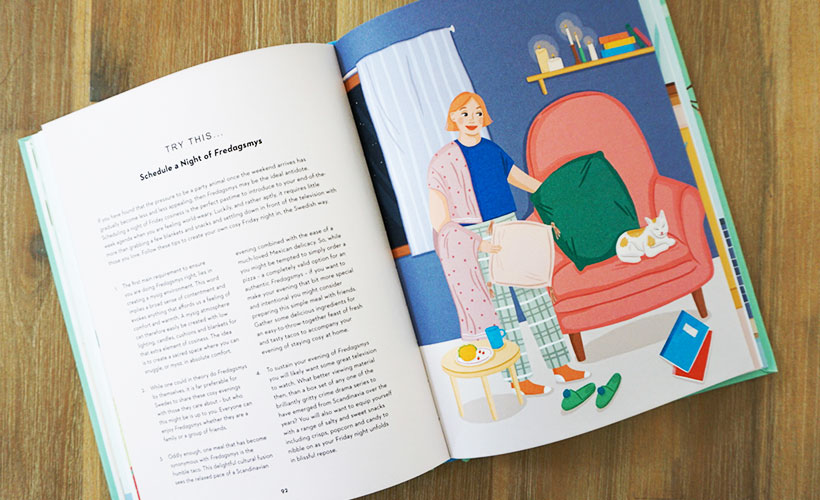
For right now, we’ve become more diligent about our health, hygiene, and safety, and definitely more accustomed to being in quarantine under Malaysia’s Movement Control Order (MCO). Since being in lockdown, I have started reading more, picking up books which are more about inner peace and mindfulness instead of the usual business and marketing books I tend to read. The latter may no longer even be relevant now since the way we have always run businesses will have to change.
To calm my nerves while we wait for the ‘new normal’ to emerge, I have cosied up to The Serenity Passport, a book by positive psychologist Megan C Hayes. The Serenity Passport stood out on the shelf, maybe because now feels like the most perfect time to take a literary trip around the world in search for calmness through the eyes of different cultures.
Author and positive psychologist, Megan C Hayes, curates 30 ‘untranslatable’ words as a celebration of serenity, and to inspire readers to feel more connected to one another and in doing so, feel more at peace. In The Serenity Passport, she explores the different ways various cultures develop their unique methods to cope with the stressors of life to find peace and balance. Each word comes with a lengthy description to help us understand the concept within the right context while taking cultural sensitivities into account.
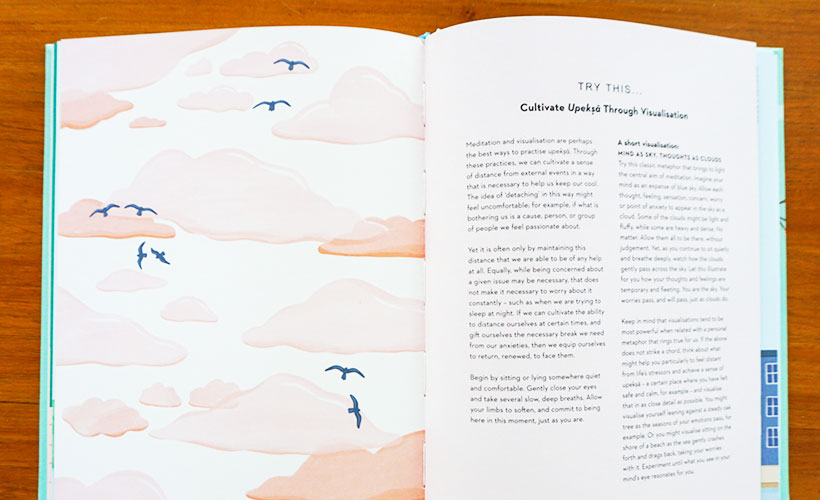
I, for one, have always found untranslatable words fascinating. Being married to a non-Malaysian, I sometimes struggle when my husband asks for the meaning of a Malay word. Even after seven years of living in Malaysia, he still gets annoyed when I ‘chup’ him, complete with a hand gesture, mid-sentence. Like, how do you translate the word ‘chup’? You just can’t. The word requires an explanation, not a direct translation. For those who are unfamiliar with the word ‘chup’, it means ‘hold up’. It’s used when you tell someone to briefly pause what’s being done or said so you can interject or do something else, before quickly coming back to the matter at hand. It is usually accompanied with a hand gesture where you hold the tips of your fingers together… much like a bird’s beak.
Coming back to the book, Hayes starts the book with the word ‘shu’, a traditional Chinese concept of ‘compassion and concern for others’. She explains that while this is the traditional concept from Confucian philosophy, the contemporary Chinese usage of ‘shu’ can also mean to forgive, to show mercy, or to accommodate others.
In Portugal, ‘desabafár’ is a verb that means to get something off your chest, or let off steam to return to equilibrium. My ‘desabafár’ is to unload verbally when work has been stressful while my husband’s ‘desabafár’ is to go for a long run after work. Neither one of us could ever understand the other’s method but it looks like it just works. The Serenity Passport proves how important it is for all of us to find a moment of calmness, regardless of our cultural background. Different cultures may have different methods, but our end goal is the same – a sense of tranquillity.
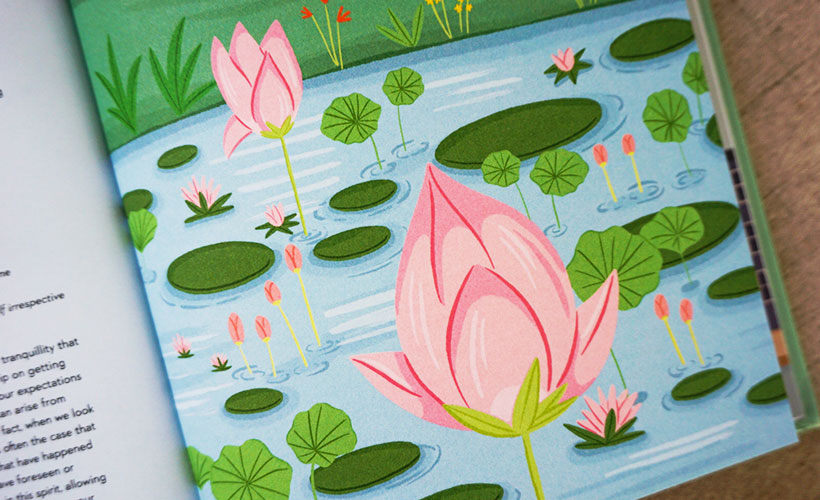
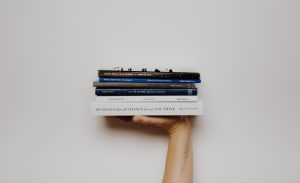 Want more suggestions on what to read? Here is a non-exhaustive list of top reads to stir up some wanderlust within you: 13 Books That Will Kick Your Wanderlust Into High Gear
Want more suggestions on what to read? Here is a non-exhaustive list of top reads to stir up some wanderlust within you: 13 Books That Will Kick Your Wanderlust Into High GearAnother interesting example from the book is ‘fika’, a Swedish noun/verb for a midday coffee break as a social activity, often with sweet-baked goods! I remember how it felt looking forward to an afternoon teh tarik break with my colleagues at the mamak next door when I was working a nine-to-five job. ‘Fjaka’ is a Croatian noun I can also relate to. It depicts the feeling of day-dreamy, drowsiness from excessive heat. I’m sure we’ve all experienced it before in this tropical heat, and it can probably be used to describe that feeling after a carb-heavy meal too.
One of my favourite words from the book is ‘couthie’, a Scottish term of endearment to describe a comfortable and familiar place or person. My cat is my ‘couthie’ that I turn to for comfort at any time of the day.
Since we’re constantly online these days, here’s a Japanese word that can probably help you deal with keyboard warriors – ‘gaman’. ‘Gaman’ implores us to practice quiet perseverance with patience and dignity. To embody ‘gaman’ is to avoid retaliating when it will cause additional distress.
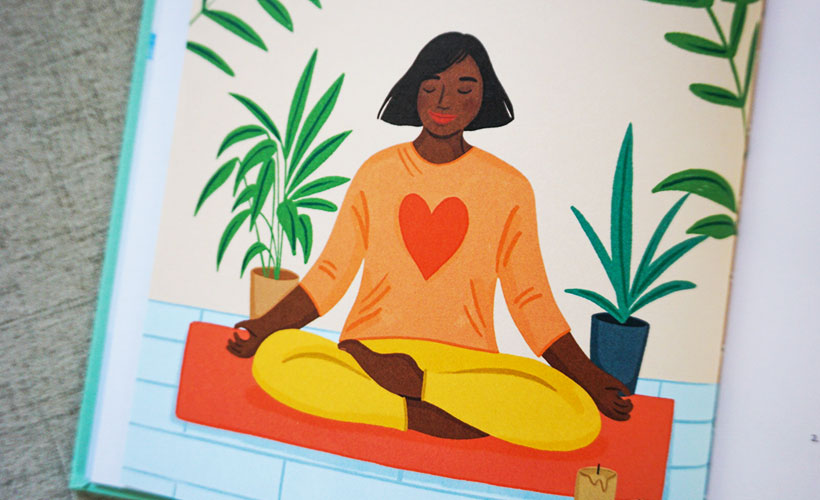
The last entry in The Serenity Passport is ‘desenrascanço’, the Portuguese concept of spur-of-the-moment problem-solving while staying calm. According to the book, “it is the opposite of getting bogged down by excessive planning, and is rather an attitude of simply getting on with things, trusting that you will find the solution you need, when you need it.” In the face of this pandemic, holding on to the spirit of ‘desenrascanço’ seems like it could possibly help us stay the course.
There will come a time when we will begin to feel that life is ‘normal’ again. As we get used to a post-pandemic lifestyle, this book serves as a reminder that throughout history, serenity has always been treasured. It is also worth noting that no matter where you’re from or where you call home, we all face similar concerns – weariness, anxiety, loneliness, and isolation. Even more so now, in light of COVID-19. Perhaps with this book, we can achieve what Hayes has set out to accomplish – to help us “feel allied with one another and become calmer still as a result.”
Reading self-help books alone will not bring about improvements if you do not implement the techniques learned. Personally, when an author makes it easy for me to apply what I’ve learned, they get extra brownie points!
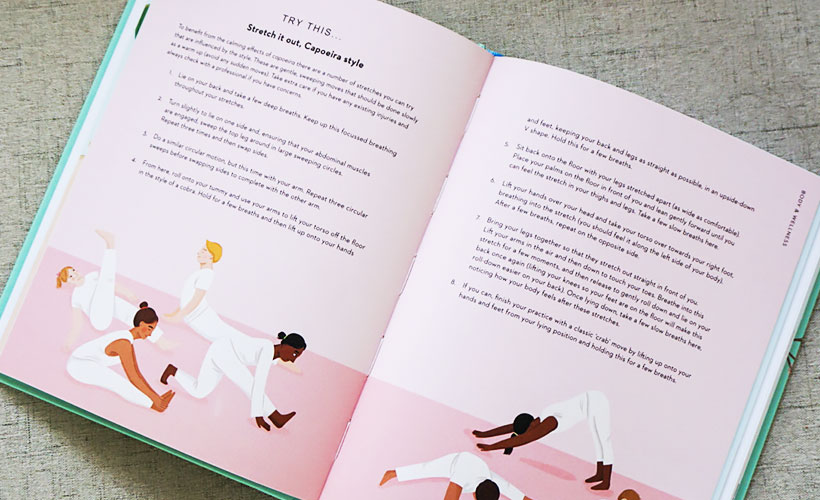
One of my favourite things about this book is that it offers practical suggestions to incorporate the various concepts into your daily life. Following the example of the aforementioned ‘shu’, Hayes introduces the Loving Kindness Meditation as a practice to help you embrace ‘shu’. My other favourite thing about The Serenity Passport is how illustrator Amelia Flower‘s unique pastel-coloured artwork captures the essence of this book perfectly.
I hope you’ll pick up a copy (even if it’s just to decorate your coffee table) to learn about these other practices and cultures, and share your favourite words with me!
*All photos courtesy of the author
